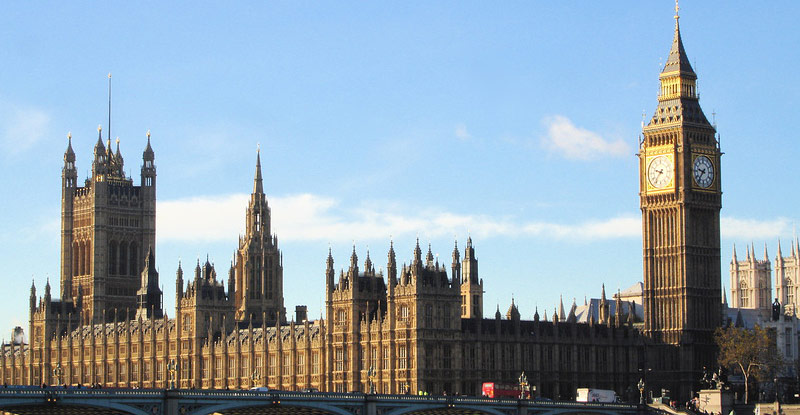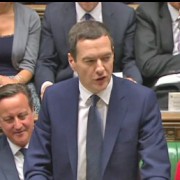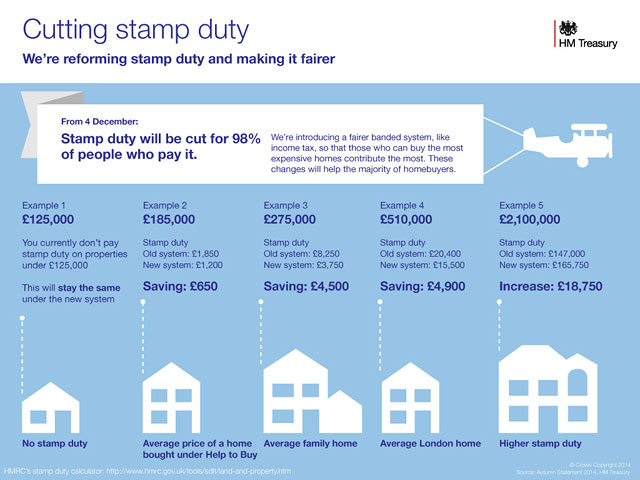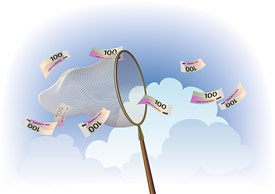Tax Credit Cuts Blocked by the House of Lords

In an almost unprecedented move, the House of Lords has backed a motion asking the government to revise its proposed tax credit cuts. This is the first time in 100 years that the lords have voted down a financial package and this is an embarrassing blow to George Osborne. The Chancellor has been asked to delay his proposed tax cuts until he comes up with a way of compensating low paid workers over the course of the first three years.
At present 9 in every 10 households receive tax credits but under the Chancellor’s new proposals this would reduce to 5 out of every 10 from April 2016. This means 3 million working families would lose, on average, about £1000 if the proposed changes go through next April.
Working Tax Credit & Child Tax Credit
There are 2 types of credit; Working Tax Credit and Child Tax Credit. Under the Chancellor’s new proposals Read more





 Back in January
Back in January On 5 December 2013 George Osborne, Chancellor of the Exchequer, gave his Autumn Statement in Parliament. Key announcements included:
On 5 December 2013 George Osborne, Chancellor of the Exchequer, gave his Autumn Statement in Parliament. Key announcements included: